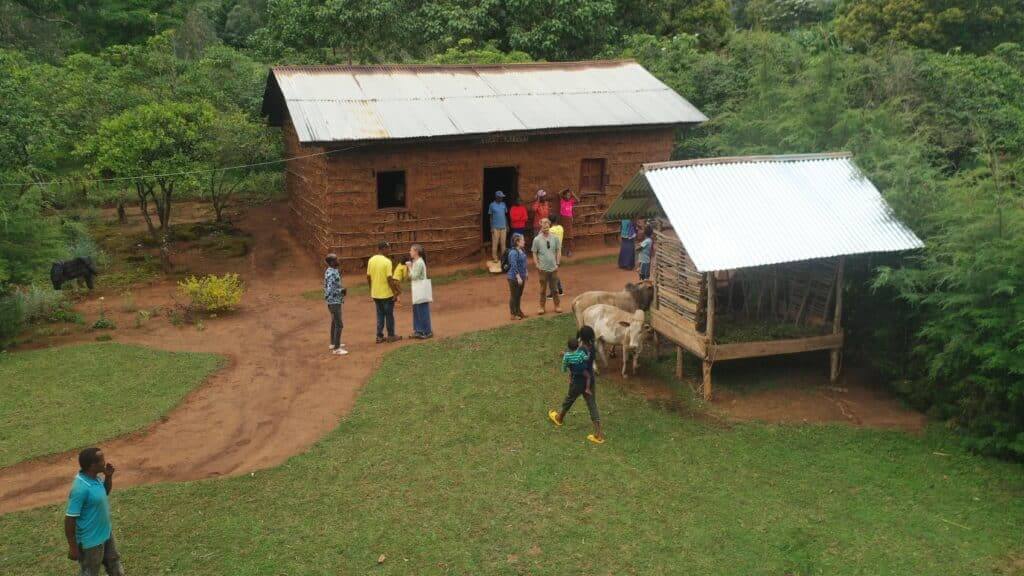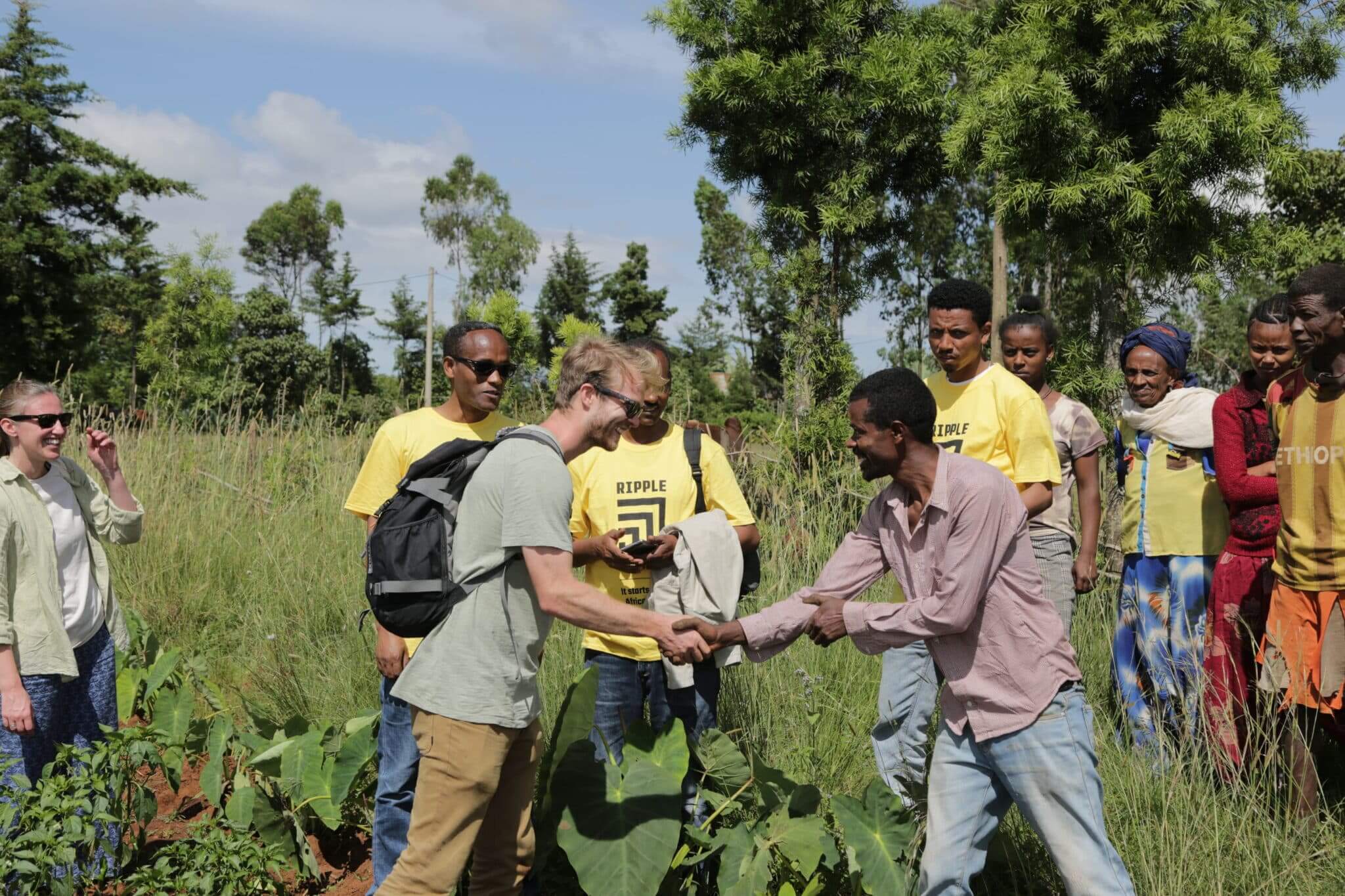A recent Guardian article revealed that over 90 per cent of rainforest carbon offsets (one of the most common types of project) are worthless. These projects overstated the threat to forests by around 400 per cent on average – calculating their carbon savings based on preventing huge amounts of forest destruction which was actually unlikely to happen.
Plus, many of these offsets operate in regions with poor legislation on forest clearance, meaning that forest destruction (and so carbon loss) simply moves elsewhere in the region. Locals have also reported their houses being torn down to make way for forest protection schemes.
But offsetting doesn’t have to be a dirty word. When done right, and with a plan to prioritise reducing emissions (offsetting should never replace reduction), offsetting projects can bring a whole host of benefits to the environment and local communities. That’s why Riverford is working with our long-standing charity partner Ripple Effect (formerly known as Send a Cow) on an agroforestry project in Sodo, southern Ethiopia.
The £540,000 project is a real collaboration – funded by Riverford, with expertise from Ripple Effect, the local Terepeza Development Association, and offsetting pros Climate Stewards. Working with over 1000 local farmers, we have planted over 44,000 apple and avocado trees across 28 villages. The trees will sequester 27,000 tonnes of CO2 equivalent in their first 15 years.
We made sure to plant the trees in existing smallholder farms and community spaces. This differs to many tree-planting offset projects, which take up large tracts of land. Integrating new trees directly into existing farmland increases the incentive not to cut the trees down, as they haven’t taken up any spare land. It also enhances the land’s productivity and makes the trees more accessible for care and harvesting.
We made sure to plant the trees in existing smallholder farms and community spaces.
In October, I found myself with the Ripple Effect team, bouncing down dirt roads in a 4×4, through fields of cassava, banana groves, and coffee bushes, to visit the farmers who are taking part in the fruit trees project. Agriculture is rain-fed in this region. Speaking to the farmers, we learned that the rainy season has become unpredictable in recent years, severely impacting their crops, and the risk of droughts and floods has noticeably increased.

Boosting their use of perennial (fruiting year after year) food sources like fruit trees will help to stabilise local food supplies, providing an important source of nutrition in a region that lacks diverse food sources, while also making their farming more resilient to climate change. As well as eating the fruit themselves, farmers will be able to sell surplus at market, helping them to put their children through school, buy a motorbike for personal transport, or invest in livestock to nourish their farms and families.
In a region that sees extreme drought, intermittent flooding, and severe food insecurity, all being exacerbated by climate change, trees have never been more important – in agriculture and the wider landscape.
I only hope that more companies can see beyond their bank accounts and recognise the importance of investing in quality offsets which provide for communities and for nature, as well as genuinely sequestering carbon.










There is a huge mis-match between carbon offsetting schemes and the general perception of what they actually achieve. Many people believe that their carbon emissions are being actually removed from the atmosphere and so their flights/purchases are carbon-neutral. That’s the biggest problem of all as complacency sets in and lifestyles don’t change. However admirable some ‘offsetting’ schemes are, they don’t do what they need to do, which is significantly reduce emissions.
I really love what Riverford is doing in southern Ethiopia, but wouldn’t it be amazing if Riverford could also sponsor something massive nearer home, something the local co-owners could be really proud of?
Riverford Organic Farmers is named after the nearby ‘Riverford bridge’ over much adored River Dart whose crystal waters flow down from Dartmoor. Possibly could not some of Riverford’s charitable funds be used to help protect this beautiful and ecologically diverse local River?